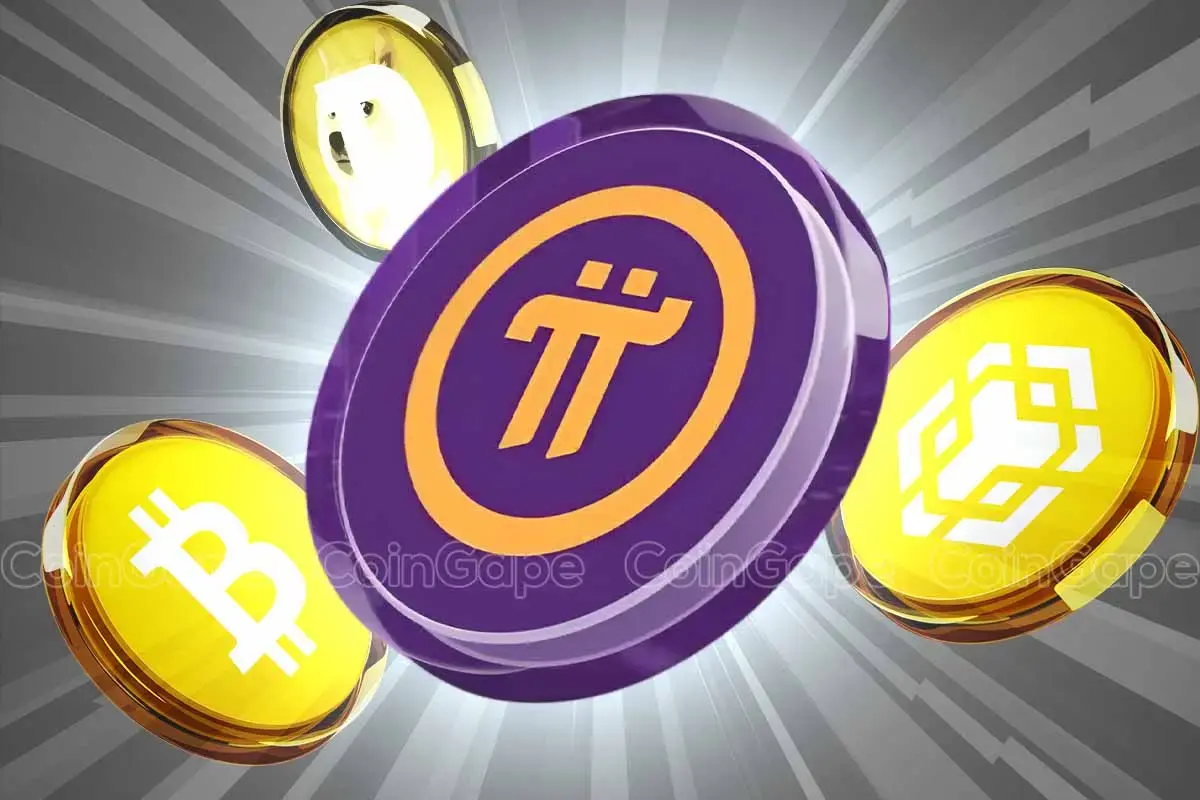 El Salvador’s Bitcoin Adventure: A New Era for Digital Currencies
El Salvador’s Bitcoin Adventure: A New Era for Digital Currencies
September 2021 marked an unprecedented milestone in the world of digital currencies. The small Central American nation of El Salvador, known for its rich cultural heritage and volcanic landscapes, took a bold step towards the future by adopting Bitcoin as legal tender. This decision, spearheaded by President Nayib Bukele, has sent shockwaves through the financial world, leaving many wondering: what does this mean for El Salvador, and for the rest of us?
A New Chapter for El Salvador
El Salvador’s foray into Bitcoin is not a mere experiment. It is a calculated move aimed at boosting the economy, increasing financial inclusion, and reducing reliance on traditional financial institutions. With over 70% of its population unbanked, El Salvador’s government believes that Bitcoin can help bridge the gap and provide its citizens with a more accessible and efficient financial system.
The country has already taken several steps towards implementing Bitcoin as legal tender. Merchants have been encouraged to accept Bitcoin payments, and the government has even announced plans to build Bitcoin City, a futuristic city powered entirely by renewable energy and Bitcoin mining.
Impact on the Average Citizen: Convenience and Financial Inclusion
For the average citizen, the adoption of Bitcoin as legal tender means increased convenience and financial inclusion. With a large portion of the population unbanked, Bitcoin offers a viable alternative for daily transactions. Moreover, the lack of transaction fees associated with Bitcoin could save El Salvadorans significant amounts of money, especially when sending remittances abroad.
Impact on the Global Community: A New Era for Digital Currencies
The implications of El Salvador’s Bitcoin experiment extend far beyond its borders. This move represents a significant milestone in the mainstream acceptance of digital currencies. It sends a strong message to the international community that digital currencies are here to stay and are capable of playing a crucial role in the global economy.
Moreover, El Salvador’s adoption of Bitcoin could lead to a ripple effect, with other countries considering following suit. This could potentially lead to a paradigm shift in the way we perceive and use digital currencies.
The Road Ahead: Challenges and Opportunities
Despite the potential benefits, El Salvador’s Bitcoin experiment comes with its fair share of challenges. Volatility, regulatory issues, and security concerns are just a few of the hurdles that need to be addressed. However, with the right approach and support from the international community, El Salvador could pave the way for a more inclusive and efficient financial system.
In Conclusion: Embracing the Future
El Salvador’s adoption of Bitcoin as legal tender marks the beginning of an exciting new era for digital currencies. It is a testament to the power of innovation and the determination to overcome challenges. Whether you’re an El Salvadoran citizen looking for greater financial inclusion or a global citizen intrigued by the potential of digital currencies, this is a moment worth watching.
As we move forward, it will be fascinating to see how this experiment unfolds and what lessons we can learn from it. One thing is certain: El Salvador’s bold move has put the world on notice that digital currencies are here to stay and are capable of transforming the way we live, work, and interact with each other.
- El Salvador adopted Bitcoin as legal tender in September 2021
- Government aims to boost economy and increase financial inclusion
- Over 70% of population is unbanked
- Plans to build Bitcoin City and encourage merchant adoption
- Increased convenience and potential cost savings for citizens
- Significant milestone for mainstream acceptance of digital currencies
- Potential ripple effect on other countries
- Challenges include volatility, regulatory issues, and security concerns


 El Salvador’s Bitcoin Adventure: A New Era for Digital Currencies
El Salvador’s Bitcoin Adventure: A New Era for Digital Currencies


